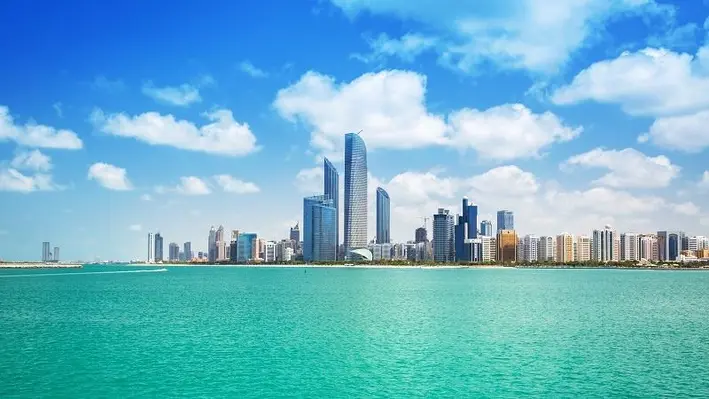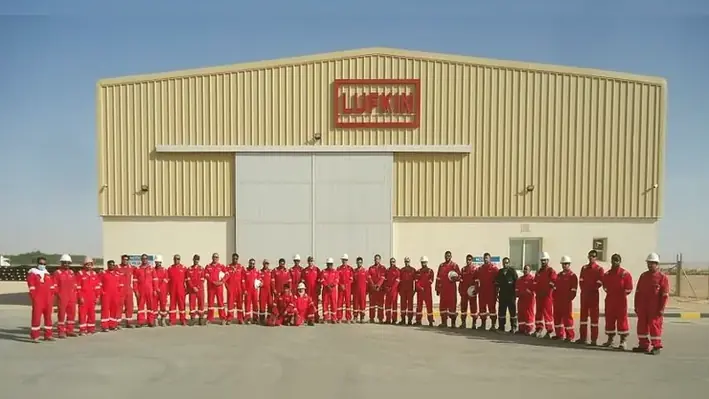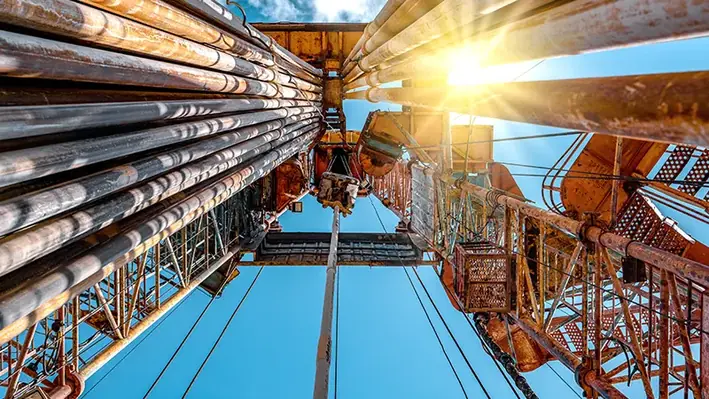 At the Offshore Well Intervention Conference, Middle East and North Africa 2021 host Tural Yusuboc, Senior Engineer of Well Integrity at ADNOC, was joined by an experienced panel to discuss the pressures shaping the well integrity market and the factors that will drive change for the discipline in the future.
At the Offshore Well Intervention Conference, Middle East and North Africa 2021 host Tural Yusuboc, Senior Engineer of Well Integrity at ADNOC, was joined by an experienced panel to discuss the pressures shaping the well integrity market and the factors that will drive change for the discipline in the future.
Briefly outlining its history, Fayez Issa, Group Well Integrity Advisor for ADNOC, commented, “Well integrity has gone through different stages. If you go back 30-40 years it did not exist, there was minimum knowledge. But then after many incidents and major catastrophes the knowledge of oil integrity has become a vital aspect of oil and gas. It changed a lot ten years ago after the events on the Macondo field in the Gulf of Mexico. Before, people could happily ask things like do we really need to log cement? Is it important to see variations? Do we need special requirements for a gas lift? Additionally, a lot of things were done at minimum costs. Now if a well is planned to last for thirty years it has to be designed to last that long, a change partially due to the environmental challenges and more stringent regulations.”
Nowadays well integrity is a much larger concern for the industry, emphasised by Neil Ferguson, Business and Sales Development Manager of Well Intervention and Integrity at Expro Group, who noted that Expro now has 50% of its portfolio dedicated to this discipline whereas 20 years ago it was just 20%.
Exemplifying why well integrity and surveillance is such an important topic in today’s world, Mustafa Adel Amer, Well Integrity Focal Point at BAPETCO, said, “Ten years ago BAPETCO started doing well integrity management systems which accelerated the building up of knowledge. But unfortunately after the crash in 2014 the company took the decision to save costs and stop things such as corrosion logs etc. Now after six years the company is going to pay more to fix the unknown causes of corrosion and will have to probe the wells.”
While the discipline has grown significantly over the last few decades, the panellists noted that there was still room for improvement. Ferguson, suggested that there was perhaps a bit of a disconnect from integrity as it was so often bound up as part of drilling and production. The participants suggested that if well integrity is kept within these departments it might not perform its role as effectively, but having well integrity as a separate entity within companies would empower it to do so.
Abandonment
Switching the conversation slightly, Ferguson turned the focus on well integrity related to abandonment. He said, “One of my concerns is how do we help customers safely abandon their wells when they need to stay abandoned. There is now an expectation that once abandoned, these wells stay that way forever. The next challenge is figuring out how to do best possible job to ensure integrity in not just in a well’s operating life but once it is abandoned also. I don’t think we will be able to just forget these wells once they are abandoned and there will be elements of risk that will continue to challenge the industry. We have a huge responsibility as we move forward as to what we categorise as well integrity.”
Abandonment remains a difficult topic for the industry as, at the bottom line, it does not return any profit. As the panellists noted, drilling wells is exciting as you then get the reward, but this is not the case with abandonment and so often it can be neglected. This is exemplified by Bloomberg projecting that more than 32 millions wells worldwide are no longer producing and awaiting proper abandonment.
To ensure these operations are carried out and, importantly, are done so in a proper way to ensure the integrity is not compromised, the panellists suggested that cost must be projected forward, so that operators can plan for these financial hit in advance rather than bear the brunt unexpectedly at the end of a well’s life. Additionally, more stringent regulations would ensure that abandonment would be a requirement, but of course the implementation of regulations varies from region to region. Ultimately, the panellists agreed, if there is an event relating to an abandoned well’s integrity, it could easily be a catastrophic event that will affect everybody, not just the local region. Therefore it is also the responsibility of the oil and gas industry, not just the regulators, to ensure the integrity and abandonments of wells is taken seriously and performed in an environmentally responsible manner.
The role of technology
The participants noted that technology has played, and will continue to play, a huge role in the well integrity sector and, in recent years, perhaps the most significant advancements have been made with AI and big data.
Ferguson said, “AI is used in just about everything else we do in day to day life, so why shouldn’t we use it to our advantage in our industry to give us a predictive view on well integrity issues. We are in the era of big data and digitalisation, and there is so much data to look at that is very easy to miss some key information. The capacity for AI to interpret data and predict well integrity issues in the future is a huge cause for optimism and I think it is going to be hugely important moving forward.”
Adel Amer commented, “One of the challenges of performing corrective actions was the unavailability of material. We had one well, for example, that had three failures and we couldn’t acquire the material to replace the faults for one and a half years. But just replying on a simple data model, we can plan ahead for such instances by seeing how many faults occurred in previous years to predict what material we will need in the future. I think more solutions like this are going to come up if we make data available to these smart minds.”
Although enormous strides have been made with digitalisation and AI the panellists noted that there were still areas for improvement which would greatly enhance well integrity capacity. For instance, Issa noted that while there is a lot of data being collected from various sources such as corrosion logs, cement logs etc, there was still not enough surveillance data being conducted. Improving this would only enhance the ability to predict issues and rapidly remediate them.
Another area of improvement is centred around data sharing. As noted, the more data available the easier it is to predict potential issues in the future and, while perhaps there is scope for acquiring more, collectively oil and gas operators hold a plethora of data from locations across the world. If companies were more visible with their data, it would enhance opportunities to rapidly remediate wells and ultimately capture value for operators.
“But this is something the industry is not keen on, sharing products and data. This hinders a lot of the opportunities that could be unlocked without really spending any money,” noted Adel Amer. “If we want to move forward in the digital era we need to exchange data and make data sets available.”
The Covid-19 effect
The panellists also turned to how Covid-19 had affected the well integrity discipline, noting that perhaps the most significant change, which will most likely last into the future, was the withdrawal on reliance from externals. For instance, Adel Amer noted that in Egypt typically the company orders a lot of materials from abroad but this was, of course, dramatically hindered by travel restrictions and so, instead, local companies began manufacturing more advanced equipment. There was also an emphasis on training to ensure that the expertise was available within companies rather than seeking it from exterior sources. Issa noted that in ADNOC the company has recently issued a well integrity e-learning which was mandatory not only for those related to the discipline but also drilling and operation etc to ensure all employees know what they should be looking for.
It was clear from the discussion that while the discipline of well integrity had taken great strides over the last few decades, things such as lack of surveillance and a reluctance to share data was holding it back. Addressing these obstacles would only enhance the field, which would ultimately lead to healthier wells with extended production lives capable of providing more value to operators and the industry.




